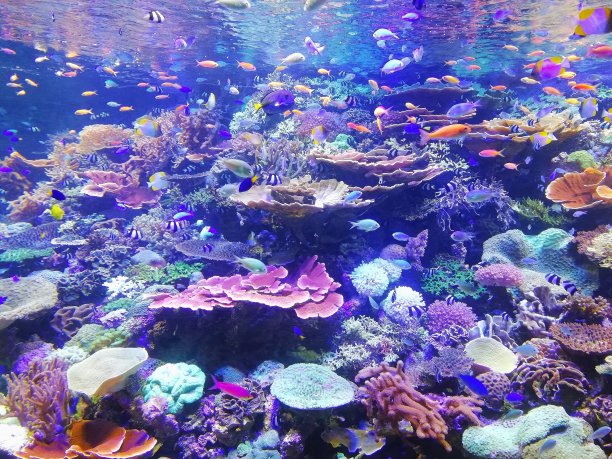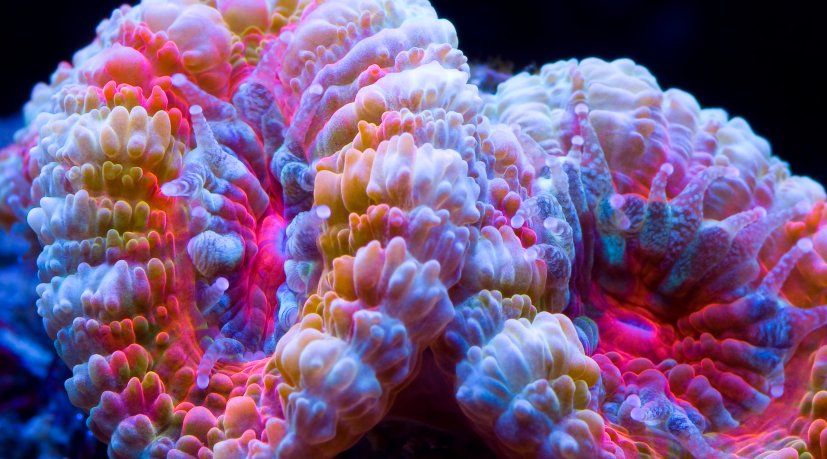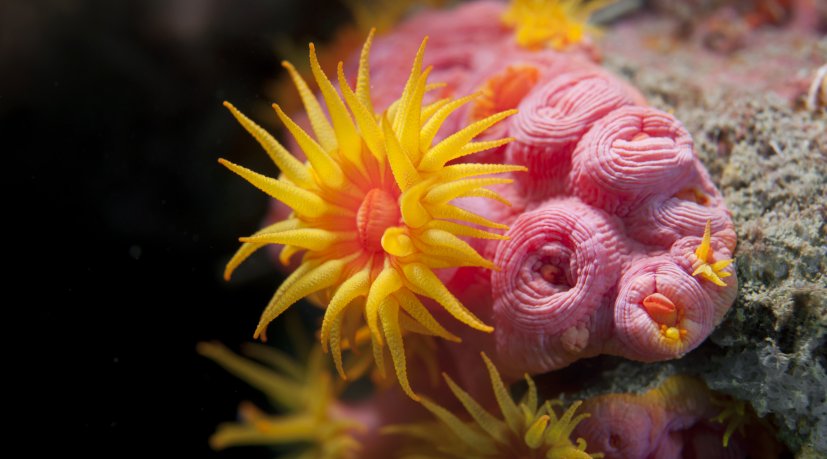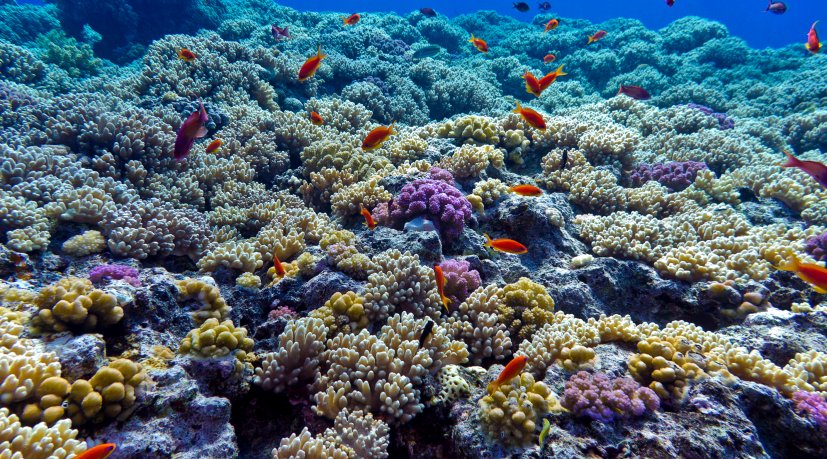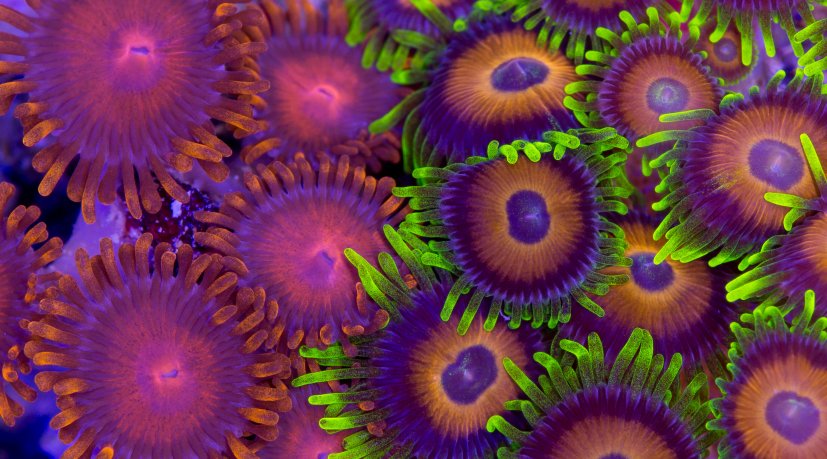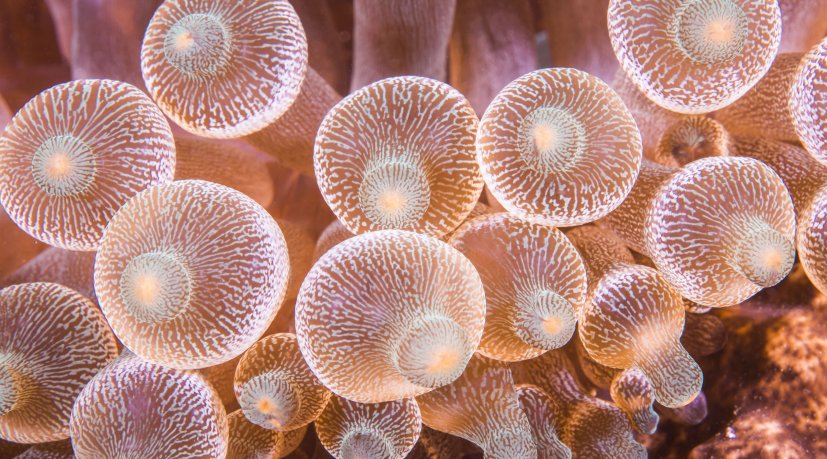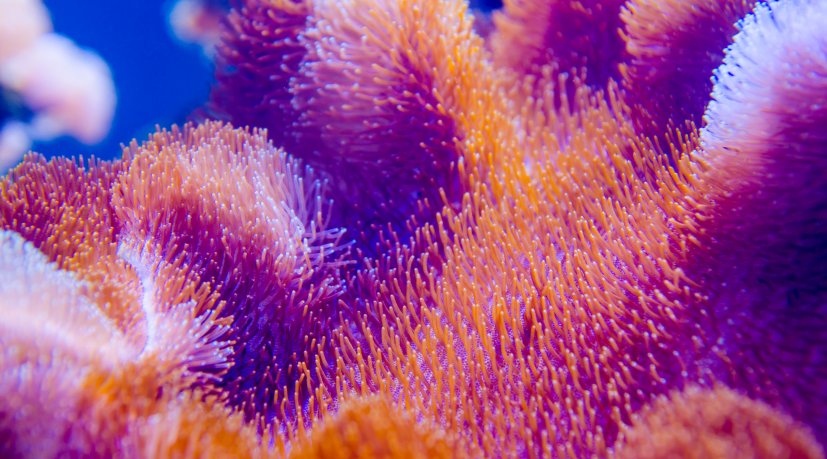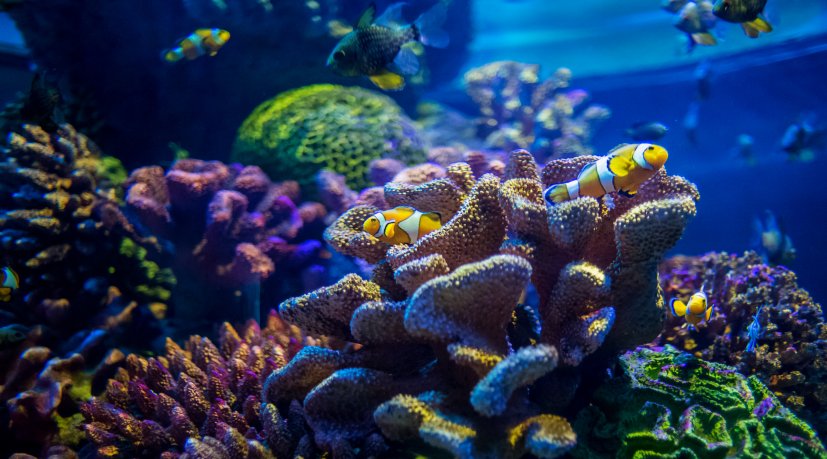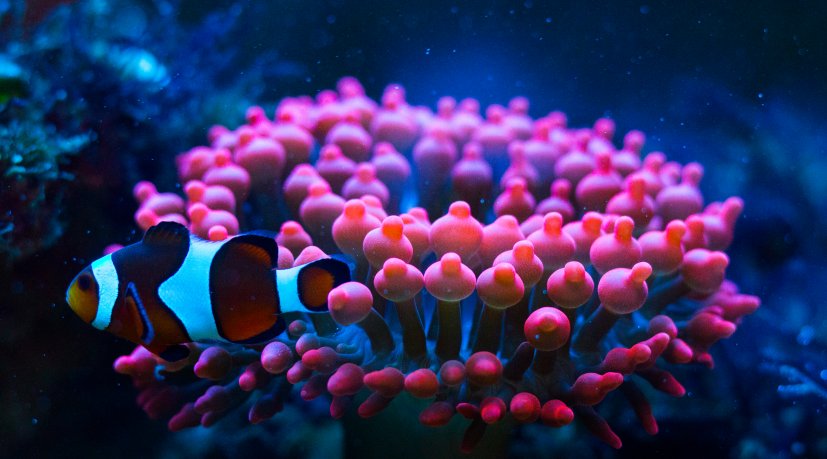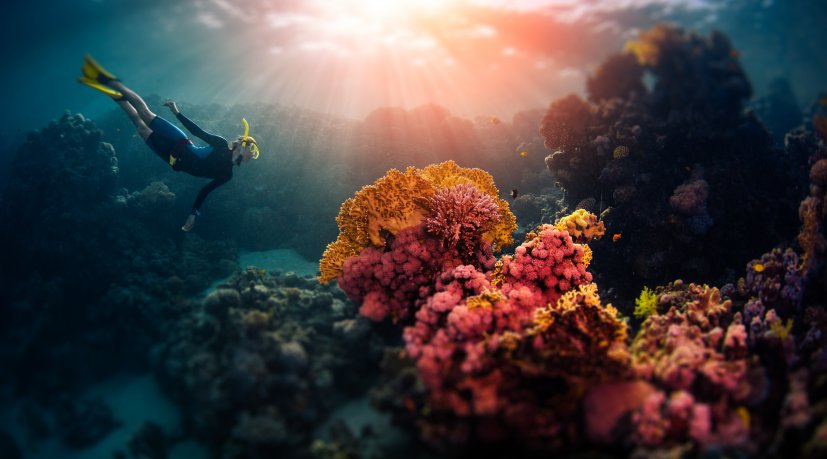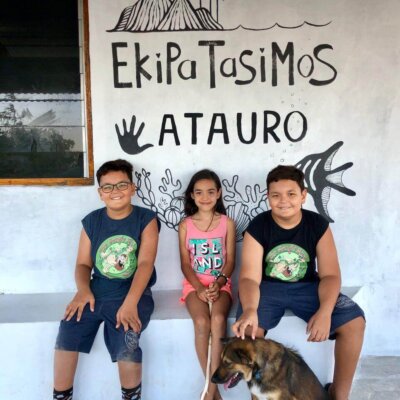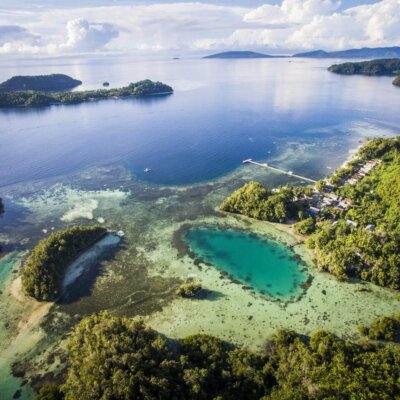Welcome to
Kids of Coral
“Coral is now part of my life, it is part of my imagination, it makes me believe that the world has colours, we wouldn’t be happy at all if the world was just grey, we wouldn’t be able to survive in a world like that.” Ariadne
Our Mission
Our coral reefs, the incredible multicoloured life sustaining marine cities, are extremely vulnerable in the firing line of global warming.
We are working to build awareness of the threats they face as a result of the climate emergency and do all that we can to support initiatives that help protect this life that sustains us.
On this journey, we believe that young people can truly bring change by adding their voices to a growing community that’s taking action to avert destruction of our marine ecosystems.
After all, it’s better to light a candle than to curse the darkness.
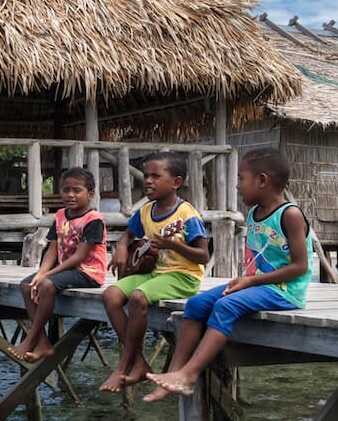

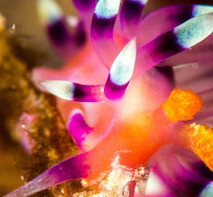
The Challenge
It is time to act, to engage with young people and communities directly affected in the firm belief that it is possible to protect marine life so that it can endure despite the great difficulties it faces. We need them to remain an integral part of our planet for the generations to come.



“The Sea, once it casts its spell, holds one in its net of wonder forever.”
Jacques Yves Cousteau
About Coral
Coral reefs are colourful living underwater cities made up of millions of tiny organisms called Polyps. Polyps extend tiny tentacles to catch and eat smaller organisms that pass by. They can also work together with a clever algae called zooxanthellae which converts the energy of the sun into food and shares this energy with the corals they live on. This symbiotic process creates the wonderful structures we know as coral reefs, which are a vital life supporting ecosystem for anywhere between 1 and 9 million species of marine life, of which only 60,000 are properly documented.
The Coral Triangle
The Coral Triangle is a marine area that’s home to around 125 million people. Those people depend on the coral reefs for food, income as well as protection from tropical storms. The Coral Triangle is located in the very Western Pacific Ocean, through which major currents connect with the Indian Ocean. The Coral Triangle includes the waters of East Timor, Indonesia, Malaysia, Papua New Guinea, Philippines, and the Solomon Islands.
Here you’ll find a wonderland of marine life: 600 species of reef-building corals, almost all species of marine turtles and over 2000 types of reef fish. However, this thriving underwater community is facing two serious threats to their survival: unsustainable fishing practices and global warming. These magical coral reefs, one of the most biodiverse marine habitats globally, are in danger and they need our support.

Conservation
Human and marine life relies on corals. Around 25% of all ocean species are dependent on coral reefs for their food and their homes. That’s not to mention the 500 million people that also rely on reefs for their food and security. Conservation means the protection and preservation of these vitally important ecosystems, by limiting further damage to them and restoring them where possible.
What does conservation mean for our threatened reefs? Well, we’ve broken down six key conservation challenges that need to be addressed for us to keep these reefs alive for future generations.
Projects
KidsofCoral started out with one child’s experience of the majesty of marine biodiversity, and the realisation that this underwater wonderland is fast being destroyed. From this was born a conversation, a drive to understand these issues and our unique power to help fight them. And that conversation is brings us here, to the launch of KidsofCoral. Thanks for joining that conversation!
Driven by a heartfelt passion to help, we’re launching a series of projects. Each is an attempt to do what we can to protect, and advocate for, our planet. Whether you’re joining us as a follower, a partner or supporter, we’d like to thank you from the bottom of our hearts for your interest in lending a hand with us.
“In the end we will conserve only what we love; we will love only what we understand; and we will understand only what we are taught. ”
Baba Dioum, 1968
